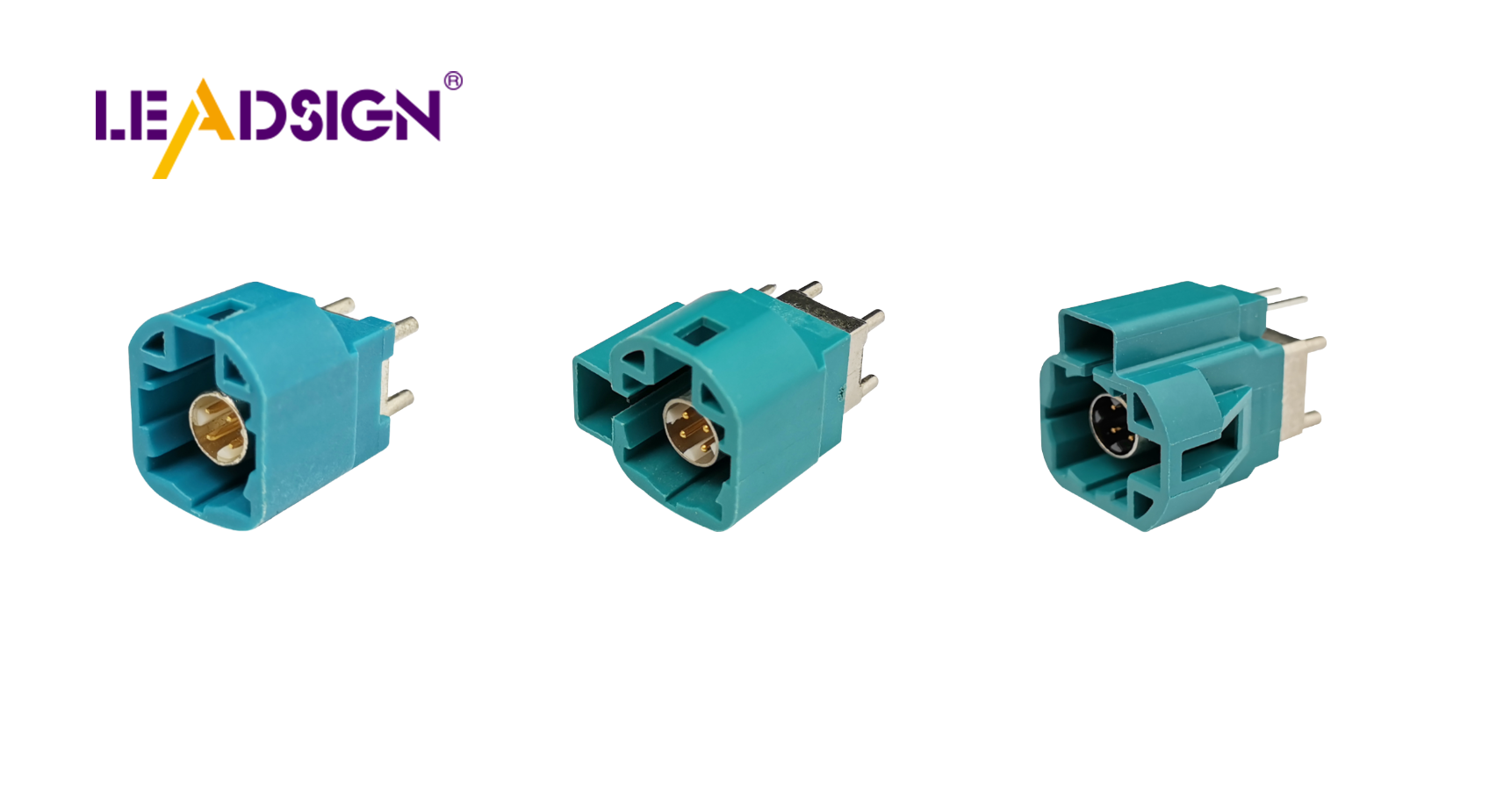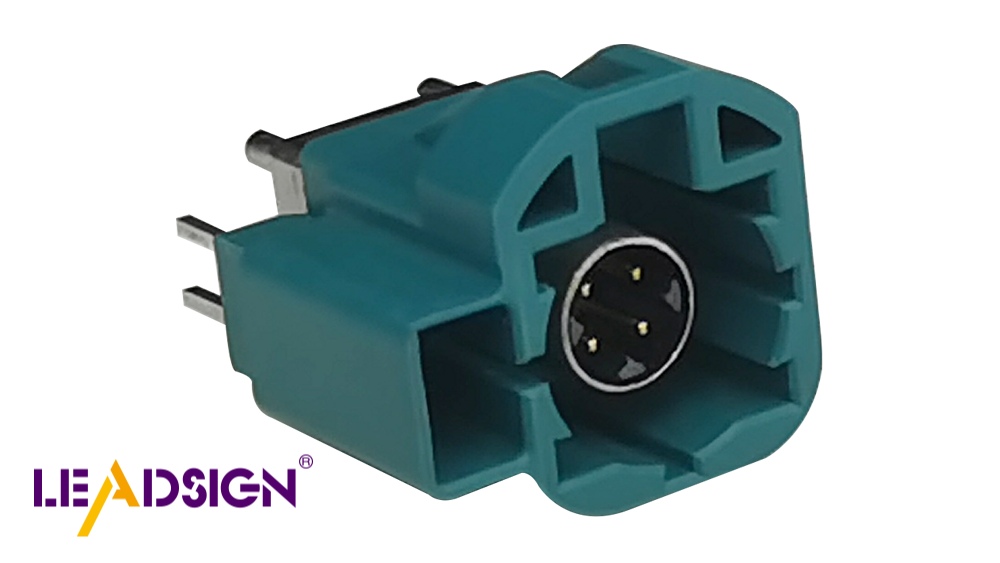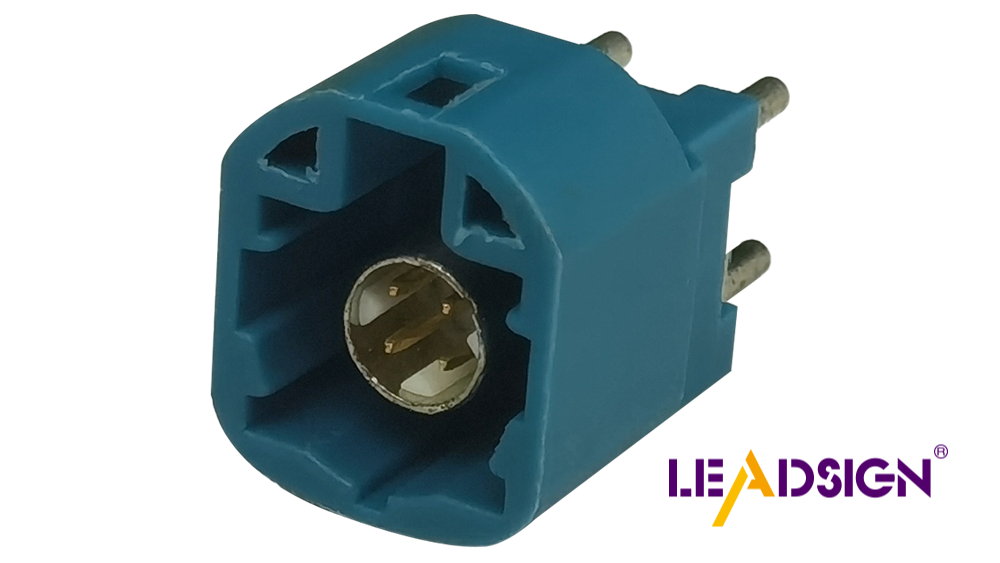Upgrade Your Ride with the Right Car Connector Plug

Choosing the right car connector plug can improve your car's performance. It’s not just about plugging it in—it’s about safety and fit. You need a connector plug that matches your car and lasts long. It should work in tough weather and support new technology. Pick one made of good materials, easy to install, and certified for safety.
Key Takeaways
Picking the right car plug improves your car's safety and performance. Always choose a plug that fits your car's type.
Use plugs made of tough materials for long-lasting use. Good plugs can handle heat, water, and dirt without breaking.
Install the plug correctly to keep it secure. Checking it often can make it last longer.
Understanding Car Connector Plugs

What Are Car Connector Plugs?
Car connector plugs are small parts with big jobs. They connect different electrical systems in your car. This helps power and signals move smoothly. Without them, your car’s electronics wouldn’t work right. Over time, these plugs have become more advanced. Today’s plugs can handle tough tasks like staying waterproof and sending data fast. They are very important for modern cars with lots of technology.
Types of Car Connector Plugs
Car connector plugs come in many types. Each type has a special job. Knowing the differences helps you pick the right one. Here are some common types:
Bullet connectors: Best for audio systems, easy to disconnect.
Scotch locks: Join wires quickly without removing insulation.
Pigtail connectors: Flexible and come in many shapes.
Flat connectors: Fit well in tight car spaces.
Round connectors: Used outside, like for lights.
Square connectors: Found in engines, handling many signals.
Rectangular connectors: Made for complex control systems.
Each type is useful, so think about your car’s needs before choosing.
Why Car Connector Plugs Are Essential for Your Vehicle
Car connector plugs do more than join wires. They help your car run safely and well. These plugs protect wires from water, dirt, and chemicals. They also connect important parts like sensors and lights. Picking the right plug for power and weather needs is key. Modern cars depend on electronics, so a good plug is very important.
Factors to Think About When Picking a Car Connector Plug
Making Sure It Fits Your Car
Not every plug will work for your car. It must match. First, check your car’s make and model. Some plugs are made for certain brands or systems. Choose plugs that meet industry rules. For example:
They should handle heat, water, and shaking well.
Higher ratings mean they work in tough spots, like engines.
If unsure, read your car manual or ask an expert. A good plug fits right and avoids problems.
Checking Material Strength and Long Life
Plugs are not all the same. Strong materials matter a lot. Pick plugs made of tough plastic or metal. These last longer and resist damage. They also handle heat, water, and dirt better. A strong plug can work for years in hard conditions. Don’t buy cheap ones—they might break when needed most.
Easy to Install and Use
No one likes plugs that are tricky to use. Pick one that’s easy to attach and remove. Many new plugs have snap locks or color codes. These make setup simple. If you like DIY, pick user-friendly designs. They save time and prevent stress.
Choosing the Right Plug for the Job (e.g., Towing, Charging, Testing)
Think about what you’ll use the plug for. Is it for towing? Charging an electric car? Testing systems? Each job needs a special plug. For example, towing plugs have pins for lights and brakes. EV plugs send power and data quickly. The right plug keeps things safe and working well.
Top Car Connector Plugs for Different Needs

Best Car Connector Plugs for Towing
For towing, safety and reliability are very important. Choose plugs with many pins for lights, brakes, and power. A 7-pin round plug is great for heavy towing. It handles trailer lights, reverse lights, and electric brakes. For smaller trailers, a 4-pin flat plug works well. It’s simple and good for basic lighting. Always match the plug to your trailer’s wiring to avoid problems.
Best Car Connector Plugs for EV Charging
Charging an electric car needs a special plug. The best ones are strong, safe, and easy to use. Look for these features:
Safety features like stopping overcharging.
Weatherproof for outdoor charging.
Easy design for quick use.
These features keep your EV charged and ready anytime.
Best Car Connector Plugs for OBD-II Diagnostics
OBD-II plugs are great for checking your car’s health. They connect to the car’s computer for diagnostics. Good options include OBD2 plugs and 16-pin cables. These are cheap and work with most cars. They give accurate data to fix problems. Whether you’re a DIYer or a pro, these plugs make car checks easy.
Pros and Cons of Popular Car Connector Plug Brands
Different brands have good and bad points. For example:
Advantages of Blade Connectors | Disadvantages of Blade Connectors |
|---|---|
Easy to attach and remove | Can’t carry high current |
Strong connection | May disconnect by accident |
Available in many sizes |
Knowing these helps you pick the right brand for your needs.
How to Ensure Proper Installation and Maintenance
Step-by-Step Guide to Installing a Car Connector Plug
Installing a car connector plug might seem tricky, but it’s simple if you follow the right steps. Here’s how you can do it:
1. Strip the insulation from the wires using a wire stripper. This exposes the metal for a proper connection.
2. Crimp male pins to the wires with a crimping tool. Make sure the pins are secure and won’t come loose.
3. Add a seal to the wires. This protects the connection from moisture and dust, keeping it safe and durable.
4. Connect the terminals to the appropriate connectors. Push them in firmly to ensure a tight fit.
Take your time with each step. A proper installation ensures your car connector plug works perfectly.
Maintenance Tips to Maximize Lifespan
Keeping your car connector plug in good shape is easy with regular care. Follow these tips to make it last longer:
Inspect the plug monthly for wear, corrosion, or damage. If you drive in harsh conditions, check it more often.
Tighten all connections. Loose plugs can cause performance issues. Use a torque wrench if needed.
Clean the plug with a soft brush or compressed air. For deeper cleaning, use isopropyl alcohol and a cotton swab.
Store the plug in a cool, dry place when not in use. Dust covers or anti-static bags can add extra protection.
These simple steps can save you from costly repairs down the road.
Avoiding Common Installation Mistakes
Mistakes during installation can lead to big problems. Here are some common ones to avoid:
Using low-quality packs that overheat or damage electronics.
Choosing off-brand packs that don’t meet safety standards.
Making bad solder joints. Use a clean soldering iron and flux for strong connections.
Leaving connections loose or dirty. Always inspect and replace faulty parts.
Allowing excessive solder to oxidize. Remove extra solder and check for overheating signs.
Avoiding these errors ensures your plug works safely and efficiently.
Picking the right car connector plug is very important. It keeps your car safe and working well. A good plug protects circuits and supports new technology. Learn what your car needs before buying one. Installing it correctly and taking care of it helps a lot. Clean and tight plugs stop problems, save money, and keep your car running great.
FAQ
What happens if I pick the wrong car plug?
Choosing the wrong plug can harm your car’s electronics. Always make sure it fits your car before buying.
How can I tell if a plug is weatherproof?
Check for labels like waterproof or weather-resistant. These plugs often have seals or coatings to keep out water and dirt.
Can I put in a car connector plug myself?
Yes, you can! Many plugs are easy to install. Just follow the steps and use the right tools for a safe connection.
See Also
Boosting Data Transfer: Significance of Fast Automotive Connectors
Improving Automotive Data Flow: Cutting-Edge Connectors and Wires
Significance of Fakra Connectors in Today's Automotive Technology
Transforming Vehicle Connectivity: Benefits of HFM Connectors

